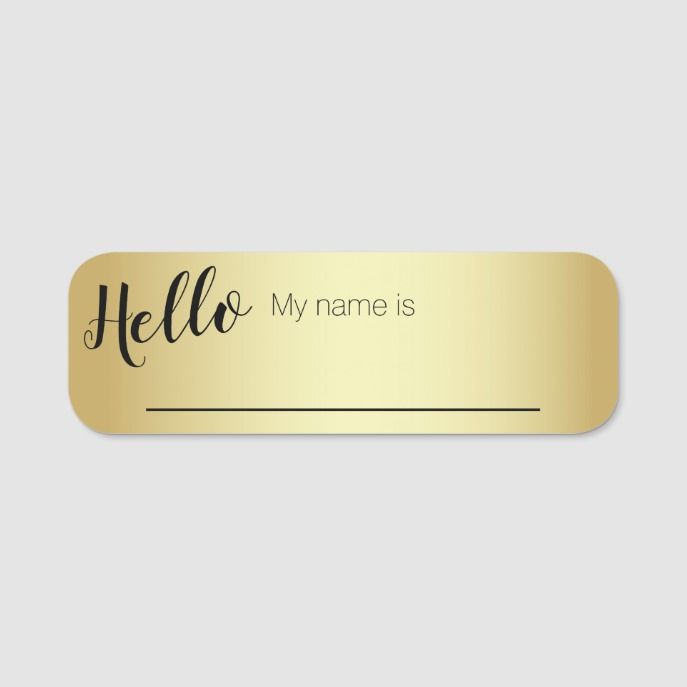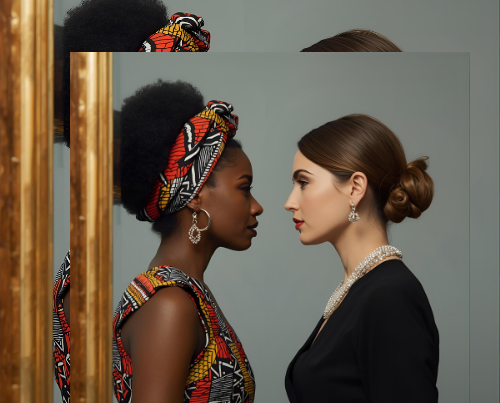Every day, we meet new people and learn their names. Some are short, some are long, some are almost impossible to pronounce at first try. But have you ever stopped to wonder what’s really in a name?
In Africa, a name is never just a name. It’s not a random pick from a baby book, or something you thought sounded cute while scrolling Instagram. No. A name here comes with history, expectations, and sometimes, a lifetime of drama.
Babies don’t get to choose their own names. Parents do. And African parents? They take this job very seriously. Sometimes too seriously.
That got me asking: when parents name their children, do they really think about the weight of those choices or is it just tradition at work?
See, most of us are named after grandparents, uncles, aunties, or that great-great-someone who “must never be forgotten.” The problem? Along with the name, comes a reputation you didn’t ask for. If your uncle was famous for his love of alcohol, God help you, because your aunties will be side-eyeing every soda you drink.
Most African families believe names carry power. They tie you to ancestors, shape your destiny, and even dictate your personality. That’s why when a child is born, the naming ceremony feels less like a celebration and more like a board meeting. Aunties, uncles, and grandparents argue, not about what sounds nice, but about which ancestor’s spirit should be revived in this tiny human
And that’s where the problems begin.
You see, in many cultures, naming after grandparents or respected elders is a way of keeping lineage alive. Sounds beautiful, right? Until you realize that you, a brand-new baby, have just inherited your grandmother’s short temper or your grandfather’s legendary stubbornness. And you will be reminded of it for the rest of your life. Forget free will, your name already wrote your personality before you could even crawl.
Spiritually, many communities believe names can open or close doors to blessings. Yet, many parents still dismiss this. They hide behind tradition. “We’ve always named after our grandparents.” Tradition is important, yes, but if the name you’re giving your baby feels like a life sentence, maybe rethink it. Don’t let culture become sabotage. Your baby deserves more than a recycled name heavy with baggage.
Then there’s the darker side: the names that almost feel like a curse. If you are called Taabu (problems), best believe people expect your life to be one long episode of misfortune. If your name is Shida (trouble), even the simplest mistake becomes “Eh, si we knew trouble was your portion from birth?” Some names, like Mauti (death), are so heavy they feel like they were handed down straight from a horror film. Like, how do you apply for a job as Mauti Onyango? HR would need prayers before shortlisting you. I mean, how do you shake hands with Mauti without subconsciously saying a prayer? These names feel like prophecies waiting to happen.
You can’t make this up. The room goes silent. Everyone wonders did your parents hate you, or was this just tradition running wild?
Names stick. They follow you everywhere; classrooms, workplaces, even airports, framing first impressions before you get a chance to prove yourself.
And yet, somewhere in the village, someone thought this was the perfect name for a bouncing baby. And you, oh poor baby, had no say in the matter.
Of course, not all names are negative. Some are deeply spiritual names like Baraka (blessings), Pendo (love), or Imani (faith). These are the lucky ones, born into positivity and endless affirmations. But imagine being called Imani but you panic every time Safaricom sends you that ‘please pay your okoa balance’ text. Faith? Gone. Sometimes the name raises expectations you can’t live up to.
So, dear parents: when you name a child, remember you are handing them their first identity, their first label, their first story. What you call your child can either be a burden they spend their life escaping, or wings that help them fly. Your child’s name is your first gift to them. So choose wisely.
But what’s really in a name? In Africa, absolutely everything. Because once they name you, they’ve already written your opening chapter. The rest of the story? Well, that’s up to you.
And what’s your name? Do you carry it with pride? Do people chuckle, pause, or nod respectfully when you introduce yourself?
Now… say it again. Slowly. Does it sound like a blessing, a burden, or both?


